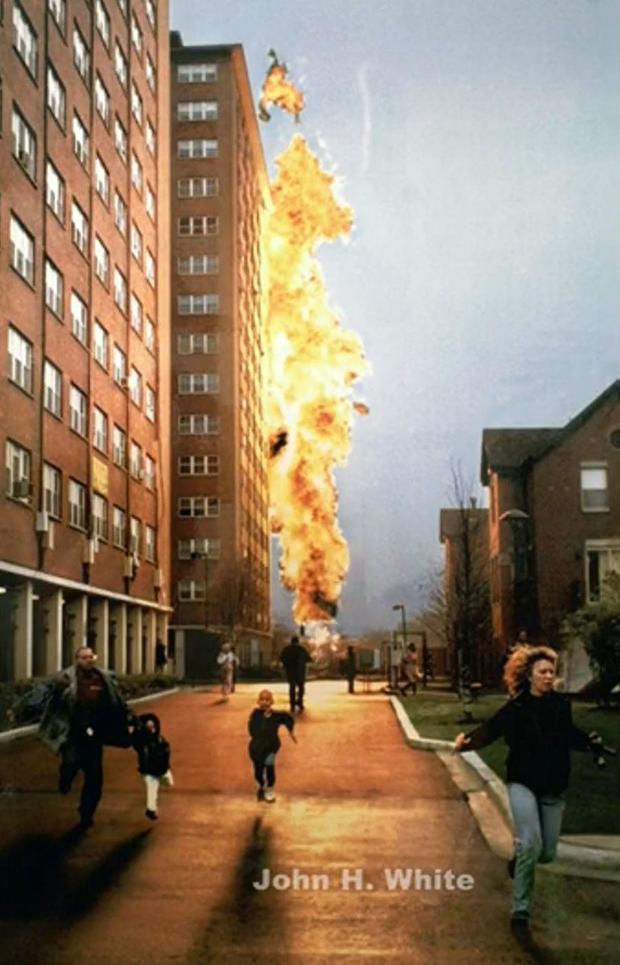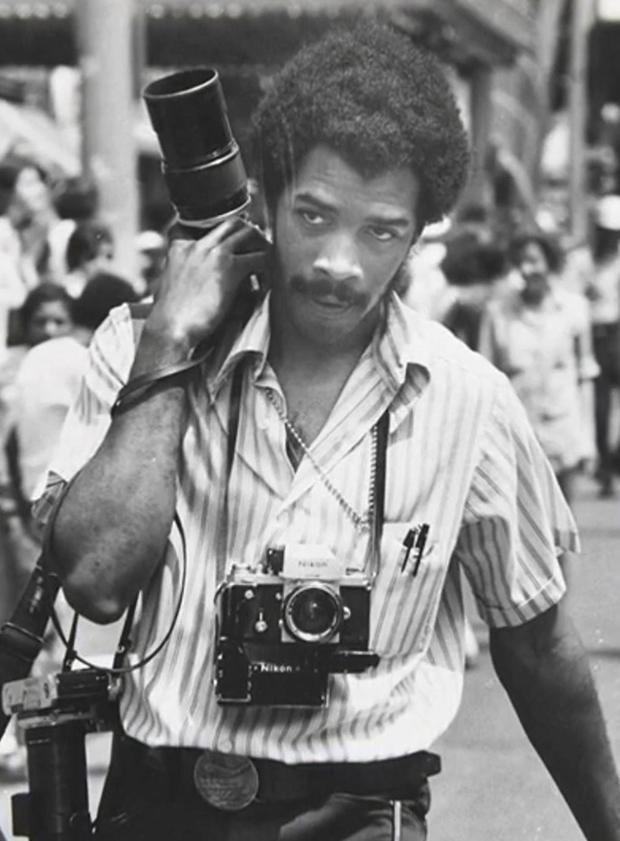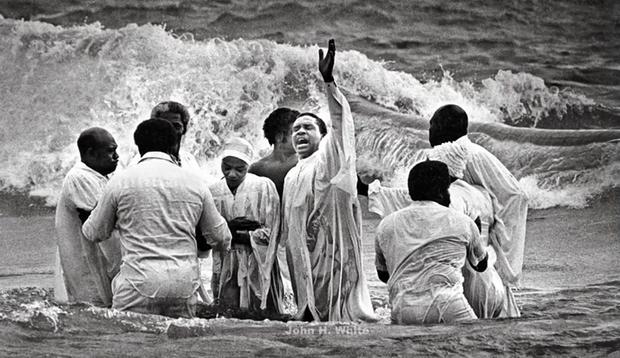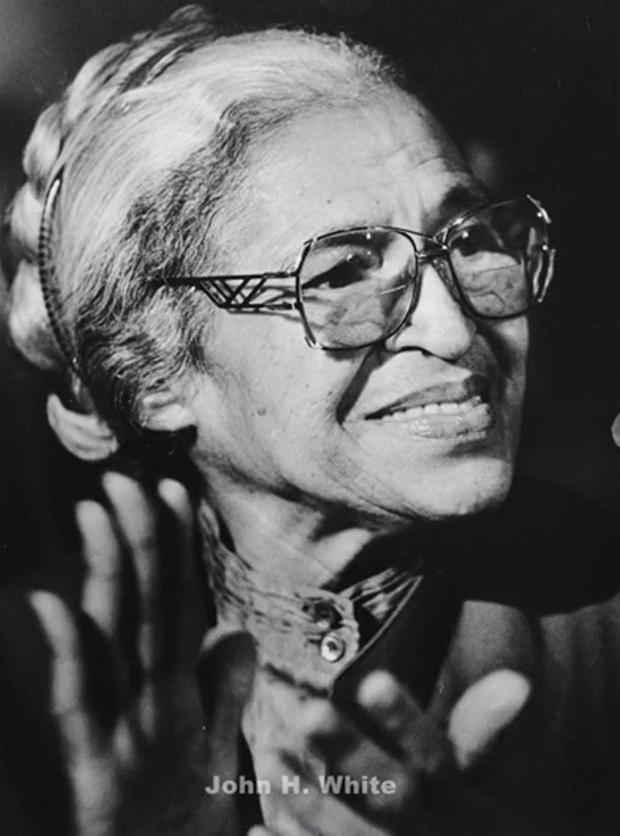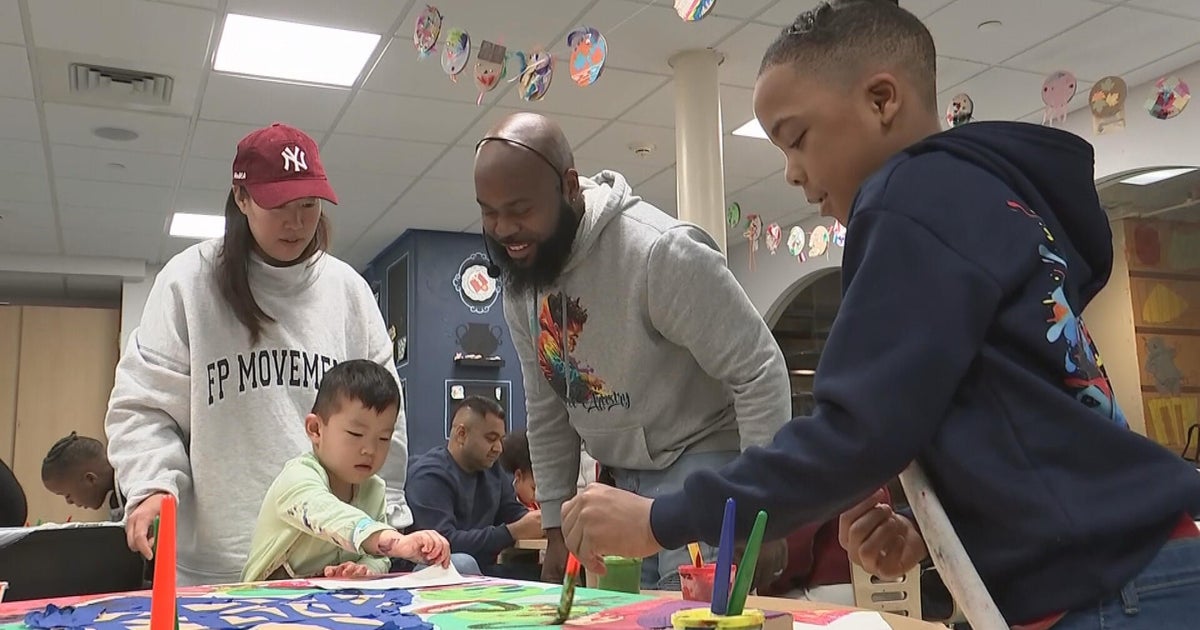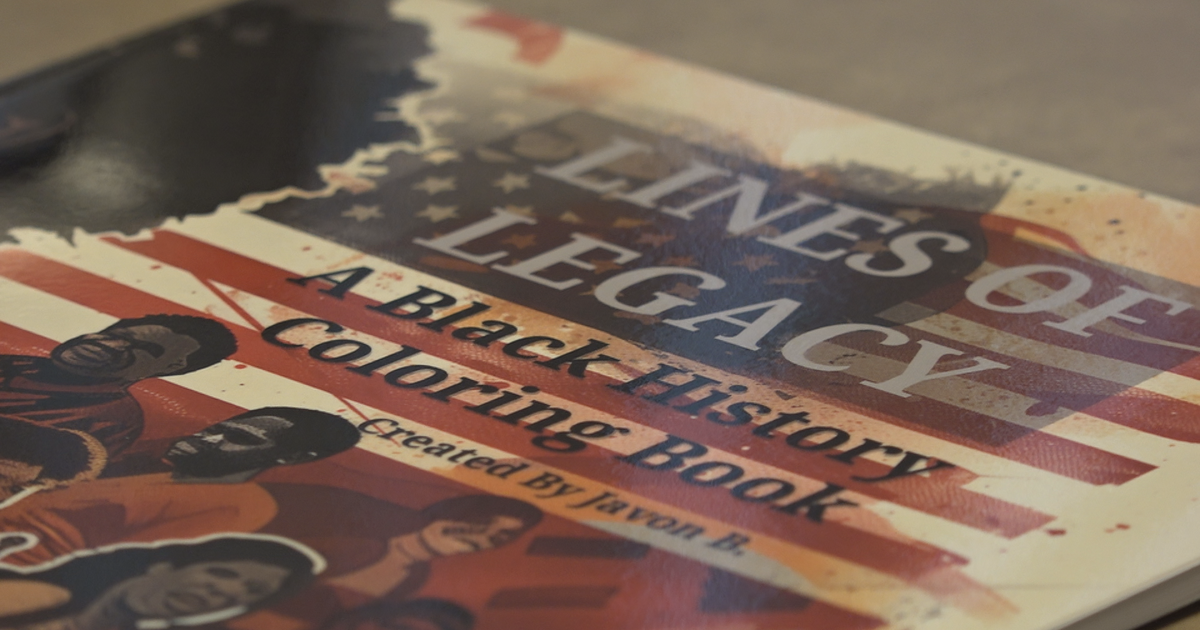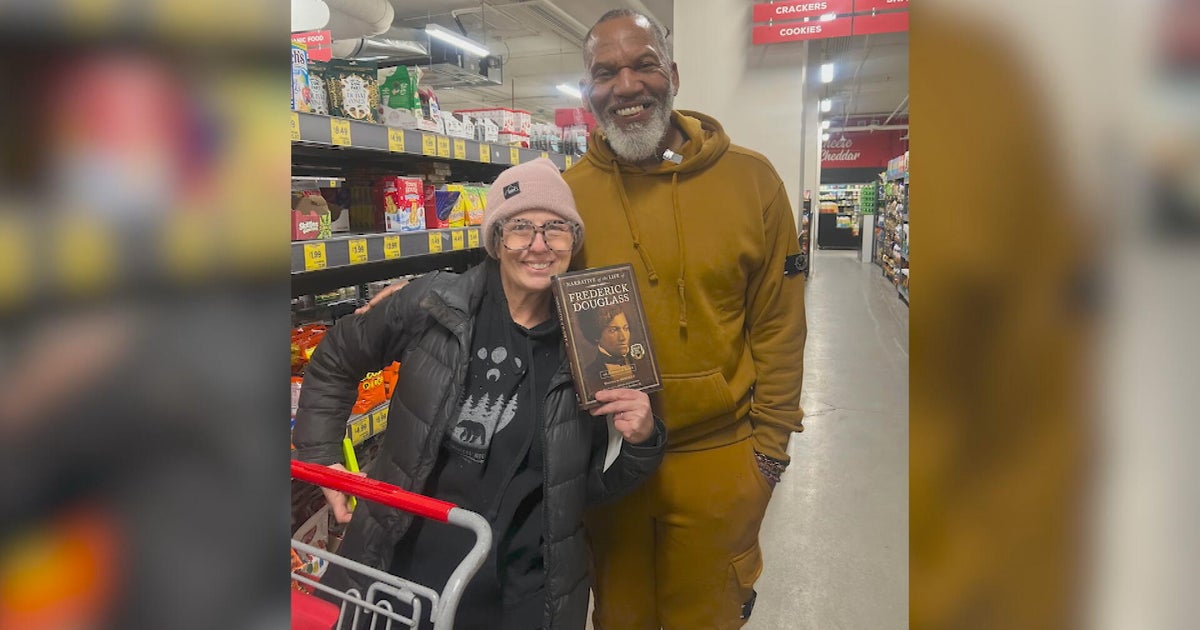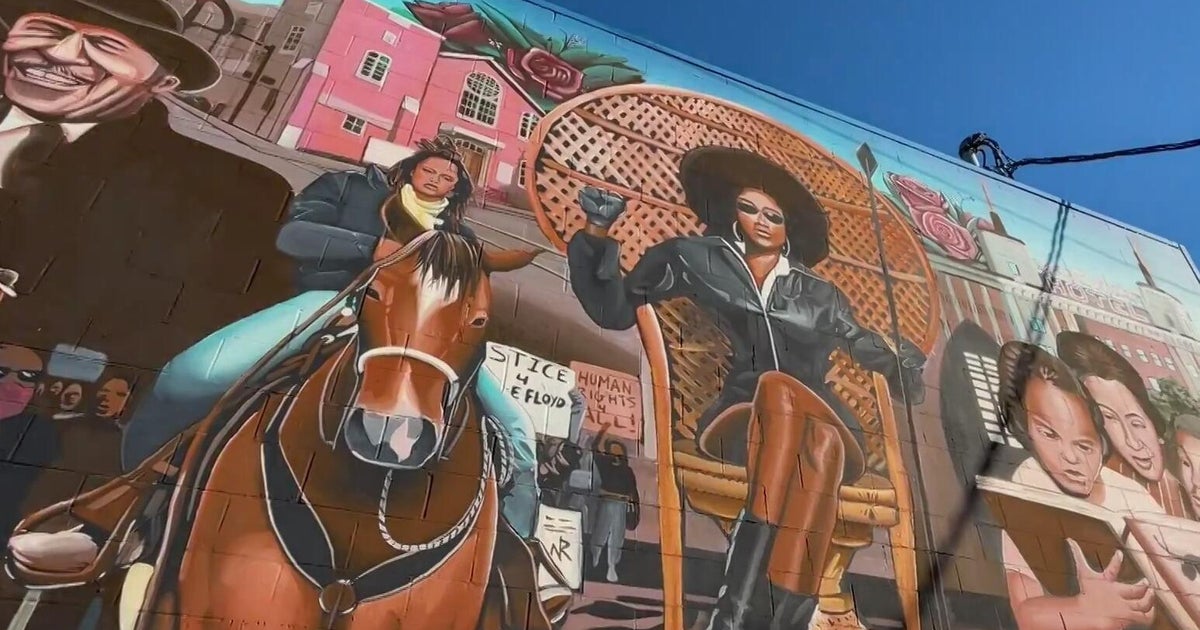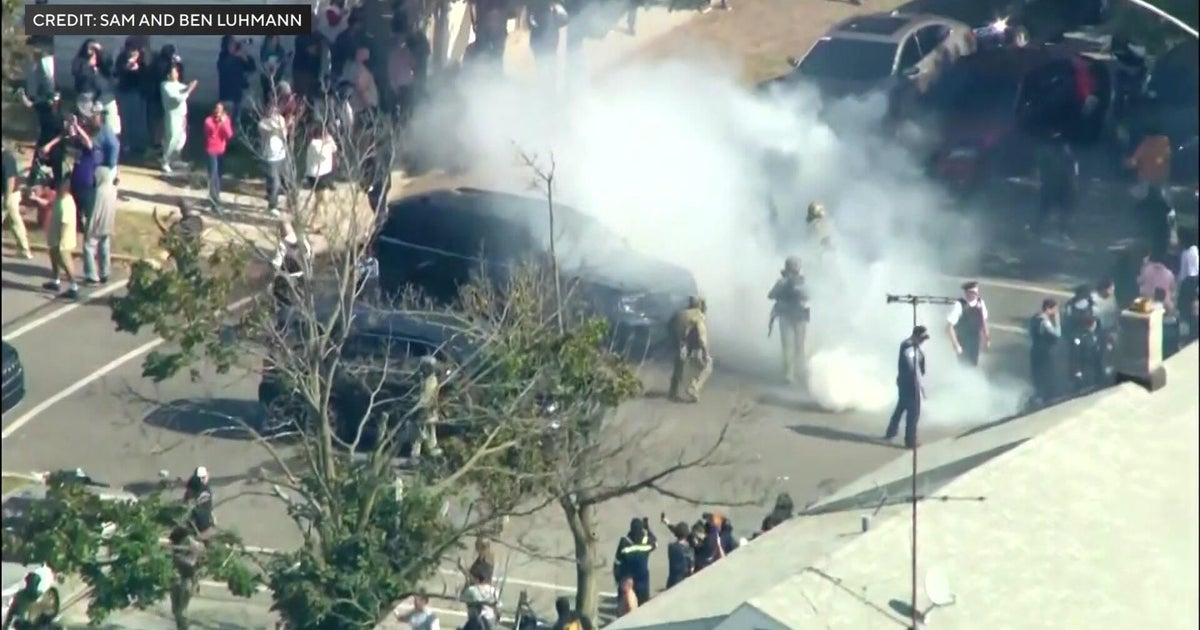Admired Chicago photographer John H. White chronicles the humanity of history
CHICAGO (CBS) – As CBS 2 profiles artists to celebrate Black History Month, we turn to one whose tool isn't a brush. It's his camera.
It's fair to say there's hardly a veteran journalist in the country who doesn't know the name John H. White.
He's admired for his work, for his character, and for encouraging everyone he meets to "keep in flight." White recently invited CBS 2's Jim Williams into his home to see his art and hear his story.
When the person behind the camera becomes the subject of the story, something amazing unfolds.
"100 years from now, this image I click now, will be just as fresh as it is today," White said.
A John White photograph can make time stand still for a moment, but its impact can last a lifetime.
"People need to understand who we are, where we are. We're here for this time, this short time," he said. "We leave. What we leave is forever."
White has not only chronicled history, he's made it.
In 1982, while at the Chicago Sun-Times, White won the Pulitzer Prize for photojournalism. It was the first Pulitzer ever awarded for a collection of photographs.
His work embodied life in Chicago, often focusing on the Black experience. The joy of a baptism at the 31st Street Beach, the terror of a gas explosion at Cabrini-Green, the beauty of young ballet students in a quest for perfection.
"Pictures are my friends," White said. "They speak to me. They have a language of their own and they're living moments."
Williams: "When you look through that camera lens, what are you looking for?"
White: "I like pictures. I love pictures. But it's the connection to the human spirit. The most important thing is humanity."
That humanity is what stand out to Richard Cahan. He was the pictures editor at the Sun-Times from 1983 to 1999 and worked with White all that time.
"He sees things that other people don't see," Cahan said. "He takes a look at a fire scene or a demonstration and he knows exactly where to go and he puts himself in that position and he takes photographs that other people don't take. There are people that go to those assignments and they go 'I never even saw this,' and there John was."
White was born in 1945 in North Carolina, a difficult time and place.
"And to grow up in the South and see the things these eyes saw, that hurts now," he said.
But he always maintained his belief in the good.
Williams: "Where does that world view come from in you?"
White: "My father was a minister who said make a friend a day and my mother never knew a stranger."
Williams: "How were you able to maintain that as a child in the South seeing what you saw?"
White: "Faith. My faith in God. My faith in humanity. My faith in hope, never losing hope. And believing and then knowing I have a responsibility to be an ambassador of love."
White said he learned about love and more from two of his favorite subjects. One was Muhammad Ali.
"He was so smart," White said. "People don't realize what a genius he was."
Williams: "What made Muhammad Ali so great in your mind?"
White: "The humanity. He was more than a boxer. He was a good soul, a good person."
The other was Cardinal Joseph Bernardin.
"His life enriches me now," White said. "It continues to enrich me. The examples I saw and the things he did, the way he lived, the way he suffered, the way he died. Cardinal Bernardin was one of the most influential people in my life."
And White hopes to enrich the photographers that will follow him. He's taught at Chicago's Columbia College for the last 45 years.
He said it keeps him sharp.
"I'm the oldest student in the class," White said.
Williams: "You're still learning."
White: "Without a doubt."
White said he'll keep on learning and finding beauty and believing in the good.
"I'm the most blessed photographer on earth," he said. "I just want to be God's picture taker."
